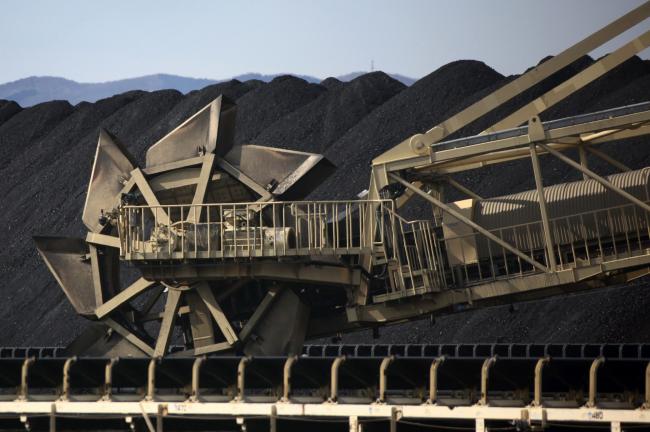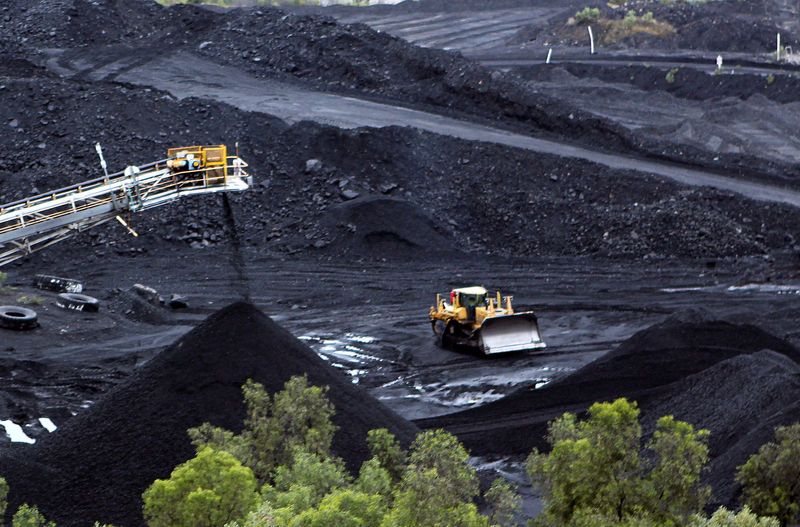(Bloomberg) -- Japan tightened conditions for its support of overseas coal-power projects, but left the door open to new plants that use the dirtiest fossil fuel despite sustained criticism from environmentalists and dissent within its own government.
The new policy, announced Thursday, is a blow to efforts to halt Japan’s entrenched support for financing and developing coal plants, particularly in developing economies of Southeast Asia. Ending its use is considered a priority for nations to meet their climate commitments under the Paris Agreement, which is aimed at avoiding rising global temperatures by capping greenhouse gas emissions.
In a concession to climate-change concerns, the new policy will include for the first time a requirement that recipient countries commit to long-term “decarbonization” plans to lower emissions, and focuses support on only the highest-efficiency plants, according to the Ministry of Economy, Trade and Industry, the powerful government agency that sets much of the nation’s energy policy.
“It is extremely disappointing to see the government’s refusal to take the climate crisis seriously, and the lack of action towards genuinely honoring their commitment to the Paris Agreement,” Hanna Hakko, Greenpeace Japan’s senior energy campaigner, said in a statement. “The announcement today shows no clear policy direction to rule out public financing of coal power, something that is urgently needed if we are to have any chance to curb the climate crisis.”
As investors and governments take up the fight against climate change, Japan has come under increasing scrutiny for encouraging its industrial and financial giants to back coal’s use. United Nations Secretary-General Antonio Guterres urged countries in December to stop building new coal plants after this year.
The four-month policy review was called by Environment Minister Shinjiro Koizumi, a rising political star who has criticized the country’s support for coal power, and was coordinated by the cabinet office of Prime Minister Shinzo Abe.
In a briefing Thursday, Koizumi took an optimistic tone on the outcome, saying he expects it to be positively received overseas and that it will show Japan is making progress on energy policy and climate change.
Under the new guidelines, Japan will provide support for coal stations that use ultra-supercritical technology with an efficiency of at least 43%, as well as integrated gasification combined cycle plants or facilities that emit even less than IGCC by using tech such as carbon capture, METI said in a document distributed to reporters in Tokyo. The government will also only provide support for countries that have no other choice than coal-fired power, according to the document.
©2020 Bloomberg L.P.

